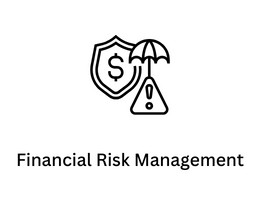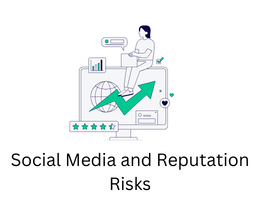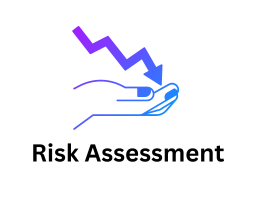
Insuring the Future
Insuring the Future: A Historical Perspective on the Insurance Industry
- By admin --
- Sunday, 02 Apr, 2023
The insurance industry has a long and fascinating history that spans back thousands of years. It's believed that ancient Chinese merchants first developed a rudimentary form of insurance, in which they would divide their goods into separate shipments to reduce the risk of losing everything at once. In ancient Babylon, a form of insurance was developed to protect traders from losses due to theft, damage, or shipwreck. However, it wasn't until the 17th century that the modern insurance industry as we know it began to emerge.
The first insurance company was founded in 1666 in London, England. Known as Lloyd's of London, it started out as a coffeehouse where merchants would meet to discuss their businesses and assess the risks involved. They soon realized that by pooling their resources together, they could minimize their individual risks and protect their investments. This led to the creation of a formal insurance market, where underwriters would offer policies to insure against risks such as fire, piracy, and other losses.
Over the next few centuries, the insurance industry continued to grow and evolve. In the 18th century, life insurance became popular, with policies being sold to provide financial support to families in the event of the death of the breadwinner. This was followed by the development of property insurance, which protected against losses due to fire, flood, and other disasters.
In the 19th and early 20th centuries, the insurance industry underwent significant changes. The Industrial Revolution brought about new risks and challenges, and insurance companies had to adapt to meet the changing needs of their clients. They began offering more specialized policies, such as workers' compensation insurance to protect employees against on-the-job injuries, and liability insurance to protect against lawsuits.
During the mid-20th century, the insurance industry continued to grow and diversify. New forms of insurance were developed, such as health insurance, automobile insurance, and travel insurance. With the advent of computers and the internet, insurance companies were able to automate many of their processes and offer policies online, making it easier for customers to purchase insurance.
Today, the insurance industry is a global behemoth, with trillions of dollars in assets and millions of policyholders. It plays a critical role in modern society, providing protection against a wide range of risks and helping individuals and businesses manage their finances. The industry is constantly evolving, as new risks emerge and technology advances, and insurance companies must stay ahead of the curve to remain relevant and competitive.
In conclusion, the history of the insurance industry is a story of innovation, adaptation, and growth. From ancient Chinese traders to modern-day insurance giants, the industry has evolved to meet the changing needs of society. It has provided protection and peace of mind to millions of individuals and businesses, and has played a critical role in shaping the modern world. As we look to the future, it's clear that the insurance industry will continue to be a vital part of our lives, helping us manage the risks and uncertainties of an ever-changing world.





